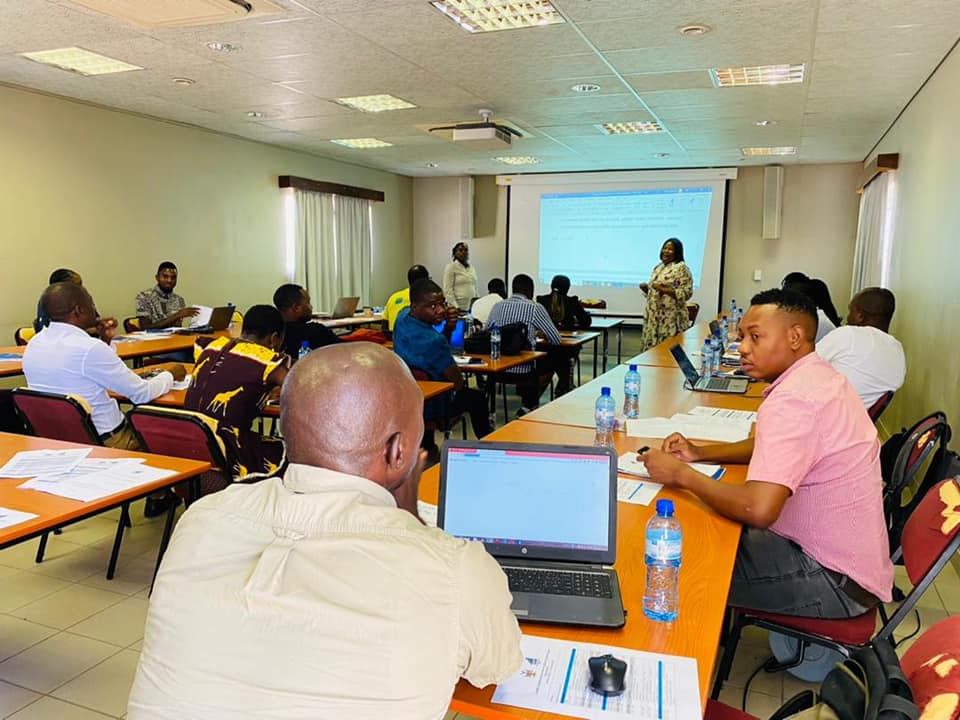RUNDU – The Namibia Statistics Agency (NSA) has advised local and regional authorities to positively contribute to the recently-launched pilot phase of the Namibia Housing Information System, which will be piloted in all local authorities and regional councils across the country for one year.
The pilot phase was launched in Windhoek on Wednesday, and all the participating institutions are being trained all over the country, divided into eight clusters for two weeks. According to NSA, what necessitated the system was the noticeable inconsistencies in housing-related statistics in the country.
The Housing Information System is a one-stop centre housing database to track accurate housing needs in the country and improve government decisions. “Fragmented and uncoordinated data sources across the country make it difficult to get reliable housing statistics. Lack of standards in the housing databases and concepts and definitions result in poor-quality data and statistics,” said NSA spokesperson Ester Simasiku. The //Kharas region and their local authority are being trained at Keetmanshoop, while the Hardap region is at Mariental, Khomas and Omaheke are being trained in Gobabis, while Kavango East, West and Zambezi are in Rundu. Ohangwena, Oshikoto (Onipa, Omuthiya), Oshana are being trained in Ongwediva and Erongo, Kunene (Khorixas) are in Swakopmund, while Omusati and Kunene (Opuwo) are in Outapi.
“They are being trained on how to use the system, and it is expected that data entry into the system will commence after the training. The ministry, together with NSA, will be compiling and releasing key indicators already during this pilot phase, hopefully on a quarterly basis,’’ she noted.
The Namibia Housing Information System is a web-based system developed jointly by the Ministry of Urban and Rural Development and NSA with the main aim to centralise official housing-related data and statistics in the country
“This is in response to our development frameworks to monitor national progress in housing provision. The system is developed following an indicator framework for four thematic areas. These four make up the modules of the system,” she explained.
“They are Housing Stock - giving the current housing stock in the country by locality, including housing construction status; Housing Needs - defining the number and type of housing units required in the housing market to cater for household growth, homelessness, and households living in sub-standard housing units. This will then also coordinate the quantification of the total waiting list countrywide.
“Land Use Stock – defining the size, type and zoning of available land in any geographic area; and Informal settlement upgrading – defining the number of informal settlements in the country and their upgrading statuses. The system will encourage efficiency on how fast local/regional authorities process and grant approval,” she stated.
Simasiku said the Namibia Housing Information System database will be hosted by NSA, and can be accessed at https://nhis.org.na/.
“The system is web-based with a centralised national housing database at the core of the system, and for the time being it is being hosted by NSA. In terms of data- gathering, institutions such as local authorities, regional councils, housing-related institutions such as NHE and the Shack Dwellers Federation of Namibia (SDFN) will be linked to the system to administer and populate the database,” she continued.
“Therefore, the system follows a decentralised data entry architecture so that near-real time statistics can be generated. That is, each institution can feed the system from their end (at their premises)’’.
According to the NSA, in terms of dissemination, the system has a public dissemination portal or web page where key indicators such as housing stock, land use stock, housing needs and informal settlement upgrading will be disseminated.


